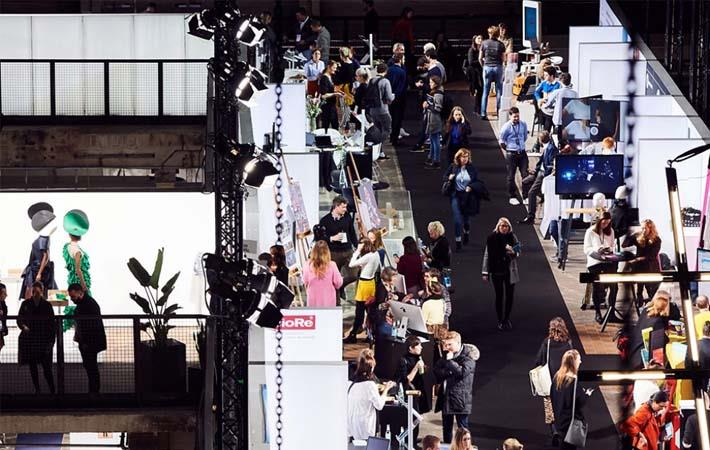
At Neonyt in Berlin, Gemini CAD Systems will be showing what a flexible production process can look like today: with the 'Pixel to Product' micro-factory. “Our technology will change the way that printed clothing is made,” said CEO Traian Luca. Specialised in cutting room processes and computer-aided designs, the Romanian company develops technologies for the processing of flexible materials like textiles or leather.
"The advancements of digitalisation are connecting the textile threads in a completely new way,” said Olaf Schmidt, vice president of Textiles and Textile Technologies at Messe Frankfurt. “The industry is currently finding itself in a transition phase, as vividly shown by the Neonyt Showcase with the two micro-factories.” And the whole customisation trend is becoming increasingly important: more and more custom-designed pieces are finding their way into consumers’ wardrobes. However, this mass personalisation has come at a time when the textile and clothing industry is still very much analogue: the system, which is designed for “fast fashion” with inflexible production processes and complex supply chains, is lacking the necessary flexibility for individualised mass production. The Neonyt Showcase is providing solutions to this problem too.
Glocalisation, a portmanteau of the terms globalisation and localisation, plays an important role for Neonyt exhibitor Strima. The Polish company is also taking part in the Neonyt Showcase. On an area of 80 m², it will be presenting a complete solution for fashion, upholstery and leather ateliers called 'Texi', a fully equipped fashion atelier with sewing machines, cutting and ironing tools and labelling and sewing accessories. It should enable designers to carry out the production in the place where they live. (RR)
ALCHEMPro News Desk – India
Receive daily prices and market insights straight to your inbox. Subscribe to AlchemPro Weekly!